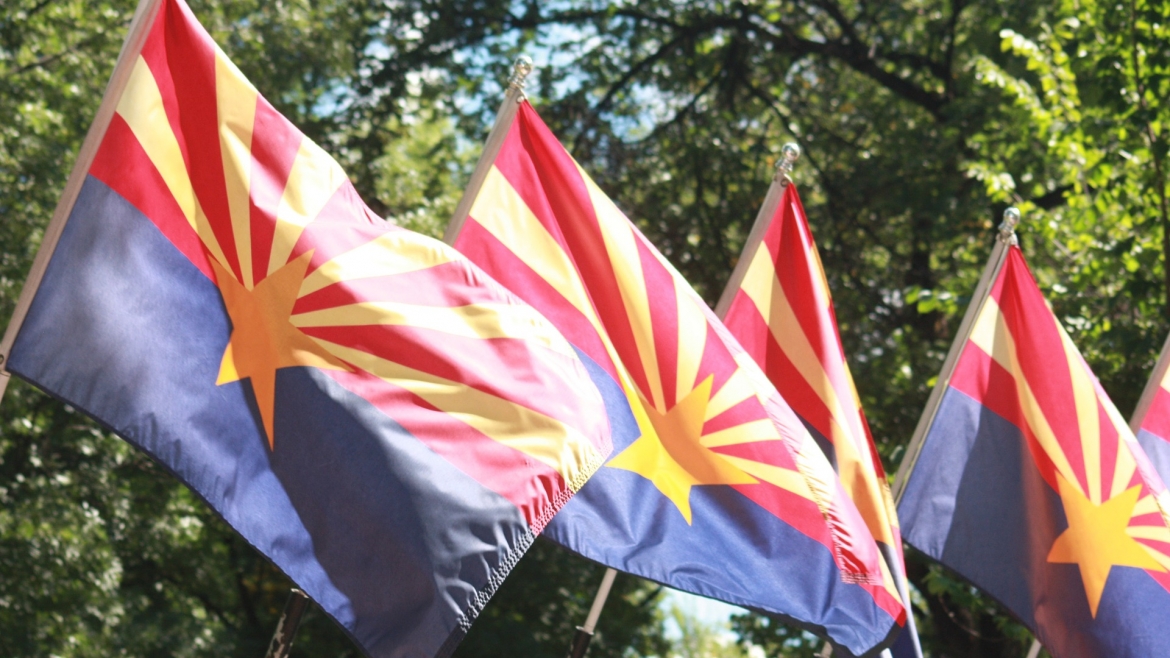An emergency grant to Arizona State University’s Center for the Study of Religion and Conflict (CSRC) supports the “COVID Relief and Southwest Stories” project. The funds have allowed CSRC to award grants to organizations—identified from existing community partners—that assist populations who have been disproportionately impacted by the pandemic. The grant also supports a journalistic initiative focused on telling the stories of those organizations and the people they serve, available in “A Journal of the Plague Year,” an online archive of articles and media.
In Arizona, some of the communities hit hardest by the coronavirus pandemic have been the same communities whose plight often goes unnoticed — refugees, asylum-seekers, DACA recipients, mixed-status migrants and Native American tribes.
In a move that is new to the Arizona State University Center for the Study of Religion and Conflict, it has been able to award grants ranging from $3,000 to $10,000 to 13 separate organizations serving the state’s most vulnerable communities, after receiving $150,000 in funding from the Henry Luce Foundation.
“We’re usually asking for money; we’re not in the business of giving it away, so it’s such a privilege to be able to do this,” said Tracy Fessenden, a professor in ASU’s School of Historical, Philosophical, and Religious Studies and co-director of the project, “COVID Relief and Southwest Stories,” along with Center for the Study of Religion and Conflict Interim Director John Carlson.
The grants will allow such organizations as the undocumented-, DACA- and youth-led Aliento; the Iranian American Society of Arizona; and Navajo United Way to provide rapid relief to those they serve — many of whom have been disproportionately affected by the pandemic — in many forms: baby formula and diapers, rent and medical bill assistance, food donations and wireless internet.







